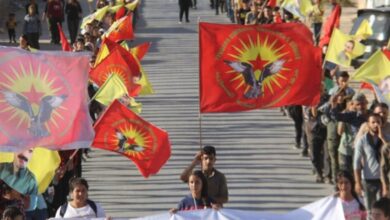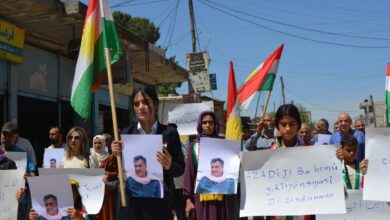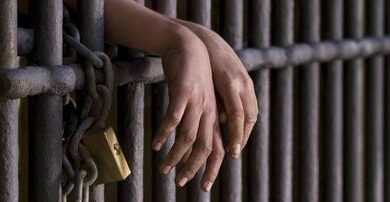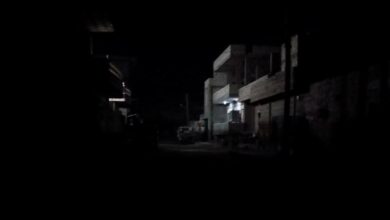
In Ebola-hit SLeone, dignity in death protects the living
Sierra Leone’s Ebola burial boys wrap the highly-infectious body and present it to the family for dignified last goodbyes before it is taken gently away.
Removal of the dead is a necessarily traumatic experience for those left behind, but the process is a far cry from the way things used to be done.
In the panicked early days of the outbreak, when the only consideration was sanitation, teams of what looked to shellshocked relatives like space men would come to pick up the dead.
Armed with disinfectant hoses that looked like weapons, they would bag the body without ceremony, driving off before the relatives could ask where they were going.
In recent weeks the emphasis has shifted and “dignity” is as much the mantra as “safety” in a country where locals are deeply reluctant to give up their dead.
Traditional funeral rites involving washing bodies are particularly important in the culture of Muslim-majority Sierra Leone.
But Ebola spreads through contact with infected bodily fluids and the World Health Organization (WHO) estimates that these practises are responsible for 20 percent of new infections.
In rural areas and even in Freetown, local authorities estimate that the figure might be as high as 60 percent.
Keen to persuade families to give up their dead, but aware of their fear of cold, clinical Ebola burials, the WHO issued guidelines on “Safe and Dignified Burial” last week, backed for the first time by Muslim and Christian leaders.
– ‘Less sinister’ –
It is early morning in Freetown and the Red Cross has been called to remove a number of bodies in the Wellington neighbourhood, where cases are on the rise, operations director Thomas Abu tells AFP.
Relatives line the potholed road leading up to the first house, and men with grave expressions take the team to one of the victims, a 43-year-old-woman who has just died.
Mustapha Rogers — whose nebulous job title is “beneficiary communicator” — stops his co-workers and approaches the relatives on his own.
“I’m in charge of relations with the families,” he explains, before painstakingly setting out the process of removing the dead.
He satisfies himself that no one has touched the victim in the two weeks before death or washed her since, explaining that men fully equipped with biohazard gear will be the only people allowed anywhere near.
The body will be placed in white tarpaulin, deemed less sinister than the black plastic they used to use.
If the victim is Muslim, the team will wrap the body in white cloth, in a nod to Islamic tradition which is valued enormously by grieving relatives.
The body is wrapped and disinfected out of sight and only then presented to the family, who are invited to accompany the Red Cross to the cemetery to make a note of the burial plot.
“If he is a Christian, a pastor is called. If he’s Muslim, an imam,” Rogers tells AFP.
As he explains the protocol, the burial experts approach clutching their biohazard suits, which they put on in full view of the family.
The idea is that relatives are not suddenly confronted by the intimidating and sinister approach of the “spacemen”.
“This shows them that this is about human beings,” says Abu, the operations director.
– Seventy bodies –
Rogers takes a telephone number and notes down how many relatives are present, the beginnings of a survey of nearest and dearest that will come in handy for quarantine purposes should the victim test positive for Ebola.
Meanwhile a woman approaches, telling him she rang 117, the emergency hotline, and asking if he has come to pick up her sick relative.
A brother of the dead woman flies suddenly into a rage, shouting that he also rang 117, and the ambulance refused to take his sister because her name didn’t match the information the paramedics had.
“They have no mercy. This lady suffered terribly and nobody could help her. We just watched her suffering and now she is dead,” he wails.
The 10 Red Cross burial teams — each with 10 members — are the only workers picking up bodies in Freetown. All day, every day, they race around the capital collecting the dead.
Nearly 70 bodies will be buried by the charity in the late afternoon at King Tom Cemetery, a repurposed military graveyard.
In the absence of clear information to the contrary, all will be treated as Ebola victims.
Rage having given way to grief, the brother, now dressed in a suit, plants a shrub on the grave of his sister and takes a picture of the plot number so that, at least, he will know how to find her.
AFP.com




